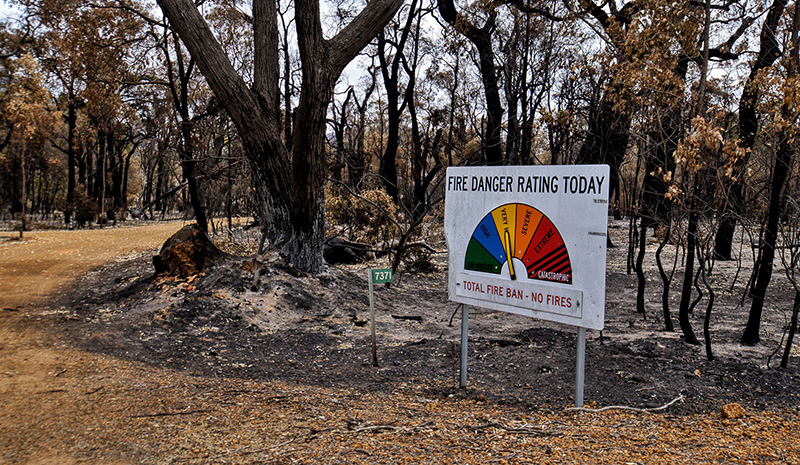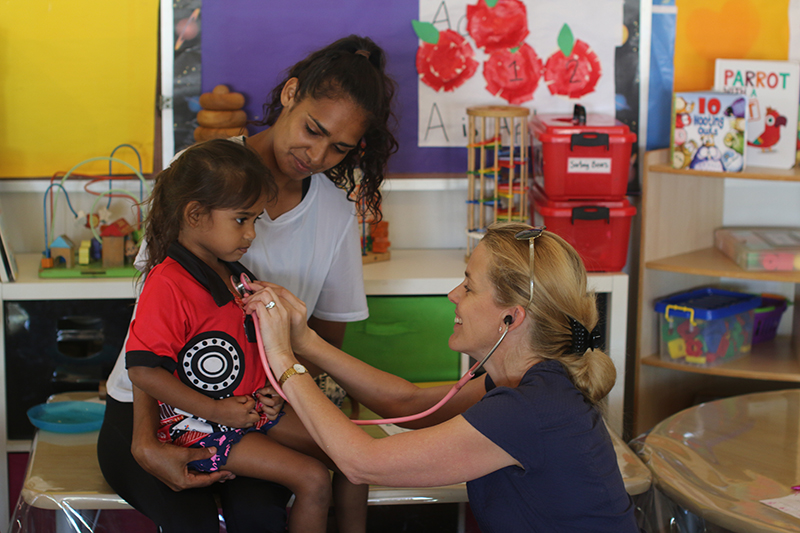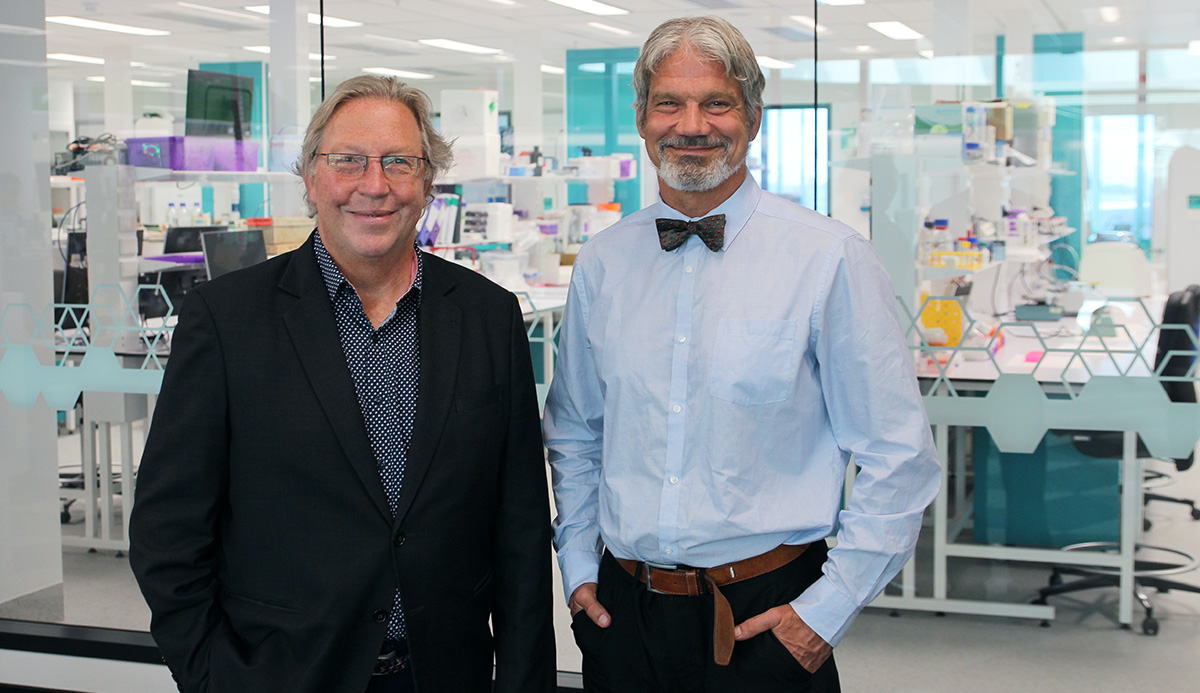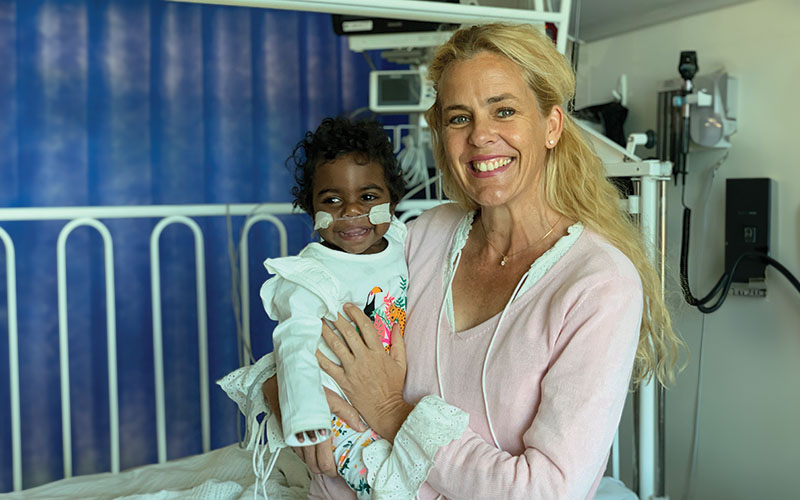Search

News & Events
Toxic, harmful chemicals found in popular Australian e-liquidsPerth researchers have found toxic and harmful chemicals in several dozen e-cigarette liquids readily available in Australia.

News & Events
The Kids researchers named as finalists in 2021 Premier’s Science AwardsFour The Kids Research Institute Australia researchers – working across diverse fields including paediatric anaesthesia, bioinformatics, ear health, and the health impacts of biodiesel exhaust – have been named as finalists in the 2021 Premier’s Science Awards.

News & Events
Four The Kids researchers in running for West Australian of the Year AwardsFour outstanding The Kids Research Institute Australia researchers, including Institute Director, Professor Jonathan Carapetis AM, have been named finalists in the 2021 Western Australian of the Year Awards.

News & Events
How summer bushfires can impact your family’s healthBushfires can have a considerable impact on our health, with some symptoms lasting long after the flames are extinguished. And our children are amongst the most vulnerable.

News & Events
Information is power: Health campaign arms Aboriginal communities against chronic wet coughA culturally secure health campaign designed to alert Aboriginal families, community health workers and clinicians to the dangers of a prolonged wet cough has been so successful that it could offer a blueprint for how to manage other chronic diseases affecting Aboriginal communities throughout Austr

News & Events
Perth researchers lead world-first clinical trial in Chile to stop COVID-19 outbreaksPerth researchers are leading an international clinical trial focused on preventing the spread of COVID-19 by testing the effectiveness of the drug interferon in reducing the infectiousness of people who contract the virus.
Research
The definition of asthma remission in children: A scoping review by the WAO Paediatric Asthma CommitteeAsthma remission has emerged as a potential therapeutic goal. However, definitions of remission have primarily focused on adult populations, with limited consensus on how remission should be defined in children.
Research
A primary cell model of the very preterm epithelium reveals barrier defects at 1 year of ageLimited evidence suggests that airway epithelial structure and function is disrupted in very preterm infants; however, the epithelial morphology and physiology has not been well characterised following discharge from neonatal intensive care. This study aimed to characterise the nasal airway epithelium from 1-year-old survivors of very preterm birth.

A public health campaign to raise awareness about the dangers of chronic wet cough in Aboriginal children is helping to improve detection, diagnosis and management of the condition.

Culturally secure intervention to facilitate medical follow up for Aboriginal children, after being hospitalised with chest infections, have proven to improve long-term lung health outcomes.
